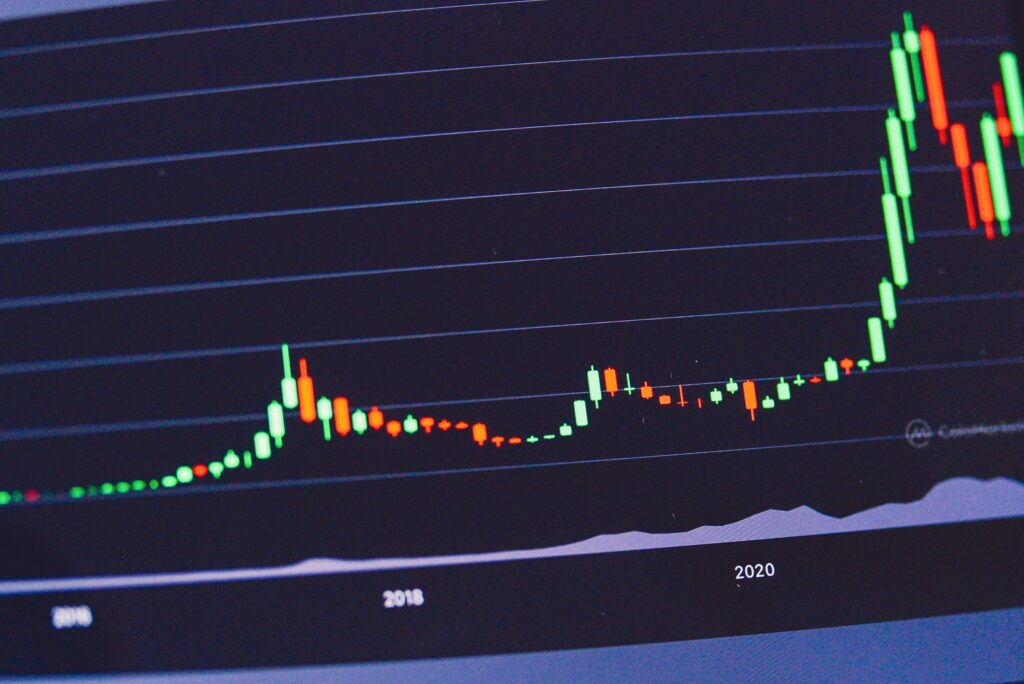As we hurtle towards Christmas, it seems the outlook for next year is generally positive, with one or two provisos.
According to a report by the Chartered Institute of Marketing (CIM), nearly 60% of CMOs saw budgets grow in 2022, and expect this trend to continue into 2023.
This despite the economic problems witnessed across most of the world caused, in part, by inflation, the ongoing war in Ukraine and energy shortages.
The same survey revealed that over half of respondents will enjoy an increased marketing budget over the next 12 months (53%), with a hike between 11% and 20%.
CIM chief executive Chris Daly said: “The coming year will test the resilience of our industry, but it is clear the majority of professional marketers see a silver lining in the storm clouds.
“With household budgets under pressure from rising costs, and wages shrinking due to inflation, brands have the opportunity to benefit from both those trading down from premium offerings, or looking for affordable luxuries to compensate for compromised lifestyles.
“Attracting and retaining these new customers will be key, as will negotiating sufficient resources from the wider business to unlock much needed growth.”
Read more: B2B marketers remain positive despite economic gloom
In other news, the Financial Conduct Authority (FCA) announced it is cracking down on improper and misleading financial marketing in the UK.
Changes being introduced by Parliament will require authorised firms to undergo screening checks before they are allowed to approve financial promotions. This, in turn, should give the FCA more power to shut down those who stray too far from the guidelines.
Meanwhile, senior marketers were recently asked to name their top trend for 2023 by the New Statesman Media Group, and it appears optimising data usage is high on the agenda.
The well-reported loss of third-party cookies from Chrome means first-party data becomes far more valuable.
This lack of tracking information may well see brands attempt to keep consumers within their own environment in order to collect actionable data, rather than relying on their previous journey or interactions.
Gilbert Corrales, CEO and founder of Leaf, a performance marketing tech company, concurs: “In 2023, any brand that sells online needs to read the rules when it comes to customer data.
“While many brands have treated the demise of Google’s third-party cookie, updates to Apple’s privacy settings, and Shopify’s roll out of a more comprehensive ‘privacy banner’ as separate headaches, they are in fact all part of a far wider trend that is set to gather pace over the next year.
“It seems logical the big platforms are adapting their privacy policies to stay within the shifting ‘privacy Overton Window’ and on the right side of regulators – who have clearly signalled the direction of travel is towards ever greater online privacy – yet there’s more to this story than regulatory compliance.
“Next year, expect the big players to tighten their grip on online customers and their data, by keeping them ‘on platform’. All this will come at the expense of direct to consumer (D2C) brands unless they have a robust data strategy in place.”




